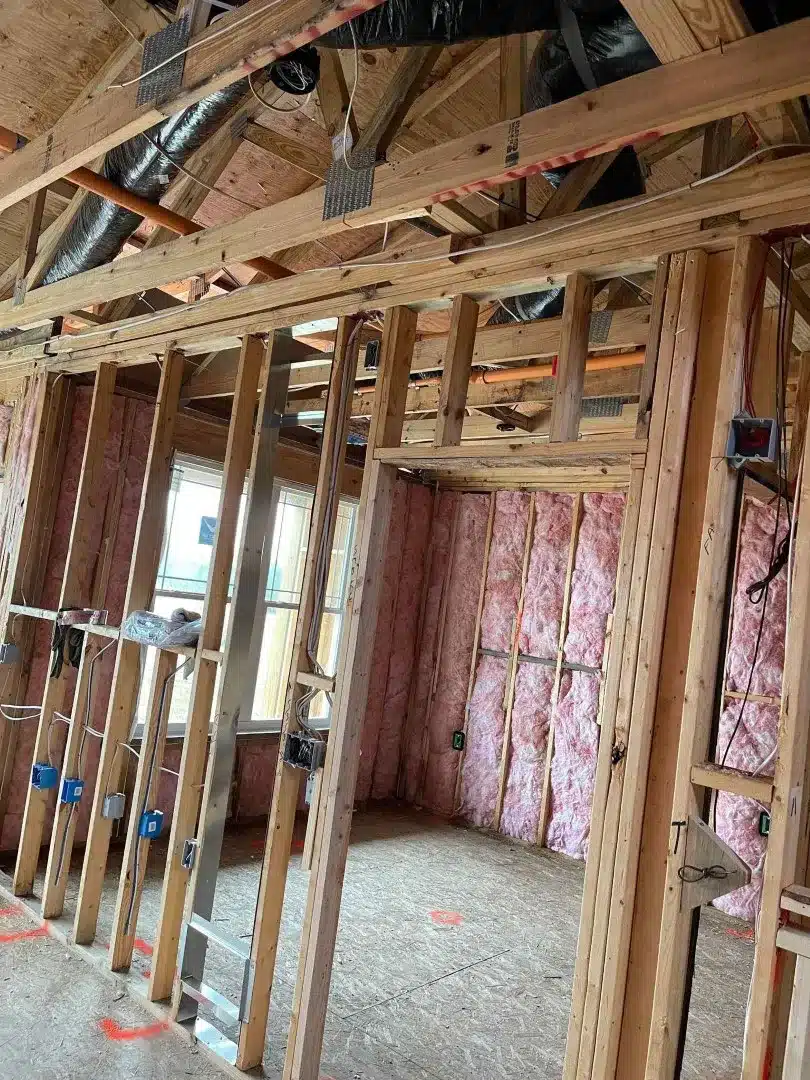Makeover Insulation LLC has expanded its residential and commercial insulation services in Lawrenceville, Georgia. According to the U.S. Department of Energy, heating and cooling account for 50 to 70 percent of the energy used in an average American home. The Environmental Protection Agency’s Energy Star program estimates that proper insulation can reduce these costs by up to 20 percent. The North American Insulation Manufacturers Association reports that about 90 percent of U.S. single-family homes remain under-insulated, showing significant potential for reducing energy use.
Studies show that insulation and air sealing offer one of the best returns on investment in home improvements, often paying for themselves through energy savings within three to five years, depending on the climate and the existing insulation levels.

“We recognized a need for reliable insulation services in areas that were previously outside our coverage zone,” said Omar Suliman, owner of Makeover Insulation in Lawrenceville. “Our expansion allows us to help more customers lower energy costs and improve indoor comfort, especially as homeowners prepare for winter.”
Spray foam insulation serves as both an air and thermal barrier, with closed-cell spray foam offering R-values between 6.0 and 7.0 per inch. Fiberglass batt insulation, a common choice for residential construction, provides R-values between 2.9 and 3.8 per inch. Blown-in cellulose insulation, made from recycled materials treated for fire resistance, provides R-values between 3.6 and 3.8 per inch and can fill irregular spaces more effectively than batt insulation.
Research from Oak Ridge National Laboratory shows that poor installation can reduce insulation performance by up to 45 percent. Professional installation helps prevent problems such as gaps, thermal bridging, and moisture buildup, which are key factors in maintaining long-term energy efficiency.
Georgia’s climate, with approximately 2,700 to 3,000 heating degree days and 1,500 to 2,000 cooling degree days each year, requires insulation that performs well during both hot and cold seasons. The Georgia Environmental Finance Authority estimates that energy efficiency upgrades can reduce home energy use by 20 to 40 percent. Attic insulation remains a top priority, with the Department of Energy recommending insulation levels of R-38 to R-60 for homes in Georgia. Many older homes have less than these levels, which increases energy costs and reduces comfort.
Rising energy costs, updated building codes, and growing awareness of energy efficiency have driven strong growth in the insulation industry. The U.S. Census Bureau reported billions spent on residential improvements in 2023, with a large share dedicated to energy upgrades. Analysts expect this trend to continue as property owners work to meet modern standards and lower operating costs.
Commercial properties face similar challenges. The U.S. Energy Information Administration notes that commercial buildings use about 35 percent of the nation’s electricity, with heating, ventilation, and air conditioning systems responsible for roughly 40 percent of that consumption. Improved insulation can help lower energy costs, stabilize indoor conditions, and support sustainability goals.
The International Energy Conservation Code, adopted by Georgia with modifications, sets minimum insulation requirements that have risen significantly over the past two decades. Retrofitting older buildings to meet current standards can lead to measurable energy savings and better overall performance.
Proper moisture control is also important in insulation projects. Poorly installed insulation can trap moisture, causing mold growth and structural damage. Professional contractors evaluate each building’s conditions, choosing materials and air-sealing methods that manage moisture effectively while improving indoor air quality.
Utility companies and government programs often provide incentives for insulation upgrades. The Database of State Incentives for Renewables and Efficiency lists available rebates, while Georgia Power and other utilities continue to offer options for qualifying improvements.
Proper spray foam insulation also supports better indoor air quality by reducing air infiltration and controlling humidity. The EPA identifies insulation and air sealing as effective ways to improve indoor environments and reduce pollutants entering from outside.
###
For more information about Makeover Insulation, LLC, contact the company here:
Makeover Insulation, LLC
Omar Suliman
(470) 664-5300
sales@makeoverinsulation.com
478 Northdale Rd STE 203, Lawrenceville, GA 30046




